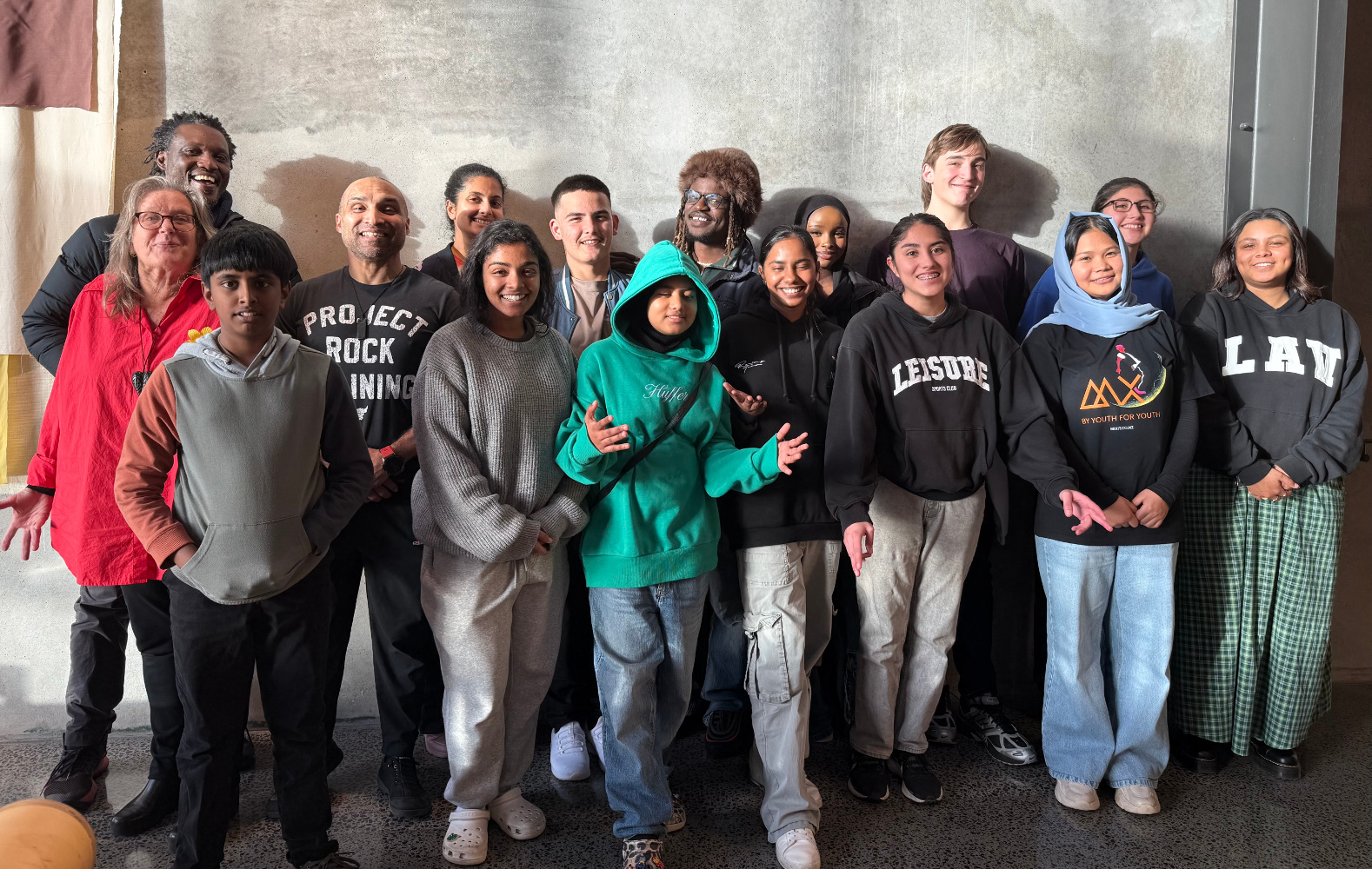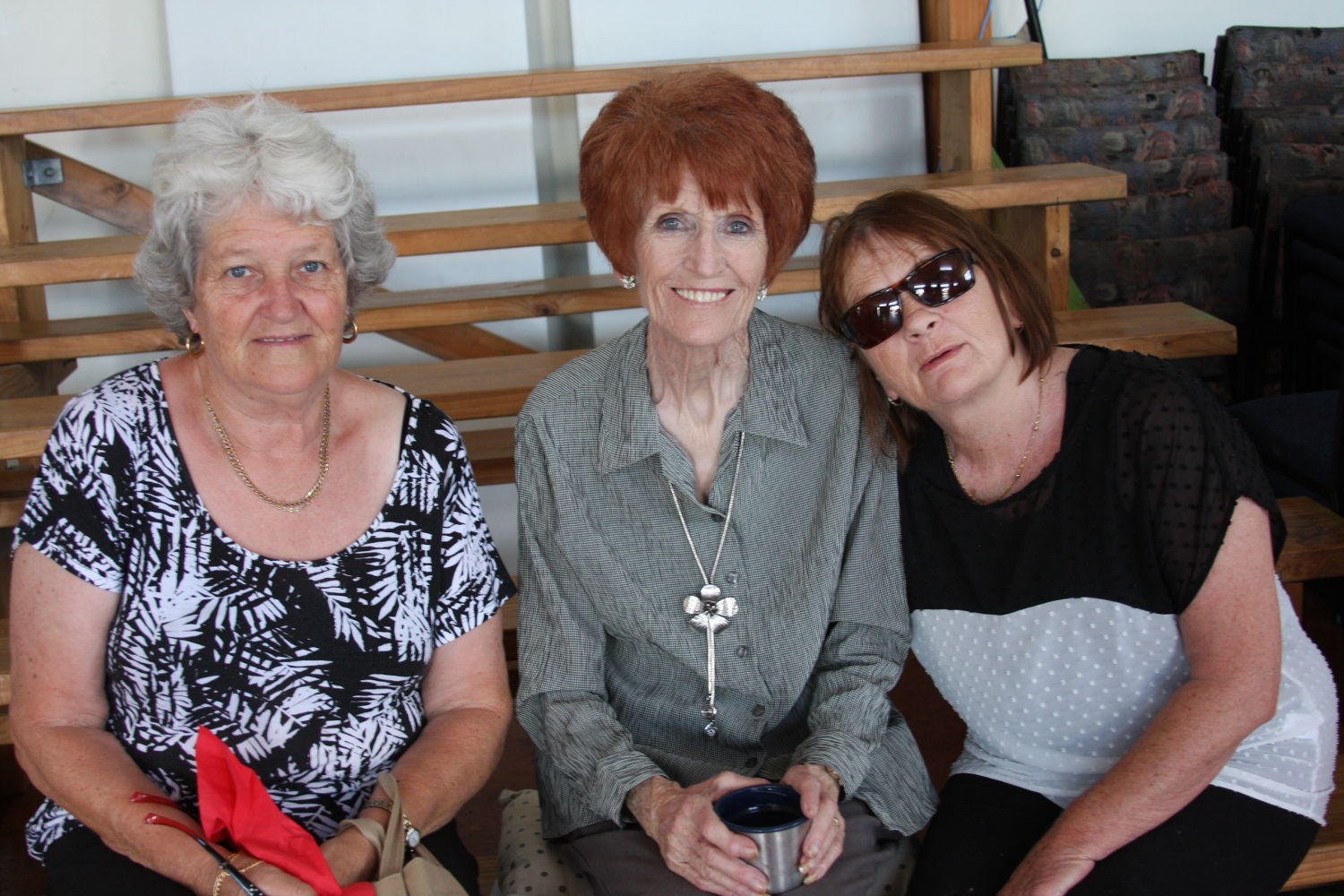The Power of Patient Advocacy
May 30, 2025

Our partner charity, Rare Disorders NZ, is proof that persistence pays off. With their support, Kiwi families affected by Spinal Muscular Atrophy helped turn heartbreak into hope. This is a story about how collective voices, backed by patient advocacy, led to life-changing action.
Chauntel and Chris were blindsided when their two year old daughter Zoey was diagnosed with a rare degenerative condition.
“The doctor told us she has Spinal Muscular Atrophy Type 3 and would be in a wheelchair for the rest of her life within early school years; we were just completely devastated,” says Chauntel.
Zoey had been a happy, healthy toddler who loved to dance when Chris and Chauntel began noticing that she was struggling to keep up with other children her age. She could not run or jump, and had developed a slight waddling gait.
Initial GP visits and x rays did not bring them closer to an answer. It wasn’t until a referral to a Neurologist and subsequent blood tests and an MRI that finally gave them the diagnosis of the rare inherited neuromuscular condition that leads to progressive muscle wasting.
“They said there are three life-changing treatments available, one of which is funded in 65 countries, but none of which are funded in New Zealand. That was just heartbreaking,” says Chauntel.
“As a parent, it is just excruciating watching your child struggle and knowing there is a treatment out there but it's not accessible and there's nothing you can do about it.”
Rare Disorders NZ, as the umbrella organisation in New Zealand for all rare disorders, has been a long-time advocate for increased funding for rare disorder medicines. Rare Disorders NZ worked closely with the Spinal Muscular Atrophy (SMA) patient support group to advocate for access to treatment.
From submissions, to meetings with Pharmac, a lot of work went into drawing the Government’s attention to the urgent need for action.
When Pharmac announced at the end of 2022 that it would be funding a medicine for SMA from the beginning of 2023, it was a huge cause for celebration, and there was little doubt that patient advocacy had been key to getting this medicine funded. Finally, children like Zoey would have access to this life-changing treatment.
This was, however, only part of the solution.

At the time of the announcement, the only way to diagnose SMA was after the onset of symptoms, at which point irreversible muscle-wasting has already started. Babies born with the most severe form of SMA - type 1, lose almost all motor nerves by the time they are three months of age.
Early diagnosis is therefore essential, so that babies born with SMA can access treatment as soon as possible.
While New Zealand has a well-established newborn screening programme – the ‘heel prick test’, SMA testing was not included, despite New Zealand having all the tools at the ready to get this underway.
Rare Disorders NZ was approached by SMA advocates frustrated about the lack of urgent action to implement screening for SMA in the heel prick test, asking for help.
Rare Disorders NZ intensified pressure on the Government, writing to the Minister of Health and responsible government departments, and drawing media attention to the issue. Rare Disorders NZ also directly questioned the Minister of Health about the lack of action at an in-person meeting in her office.
Within months, the inclusion of SMA in the heel prick test was approved.
Rare Disorders NZ ensured the patient voice was included in the Expert Advisory Panel leading the implementation of SMA in newborn screening, and in February 2025 the newborn metabolic screening programme officially began testing babies for SMA. Already, within the first month cases of this rare disorder were diagnosed.
These babies will grow up with a much-improved quality of life, due to their early diagnosis and access to treatment.
Patient advocacy is powerful.
Words and images supplied by Rare Disorders NZ
Support Rare Disorders New Zealand with your 1%
Help Rare Disorders NZ support all New Zealanders who live with a rare condition with just 1% of your annual income. For the average Kiwi, that's only $10 per week. Support Rare Disorders NZ with your 1%.



